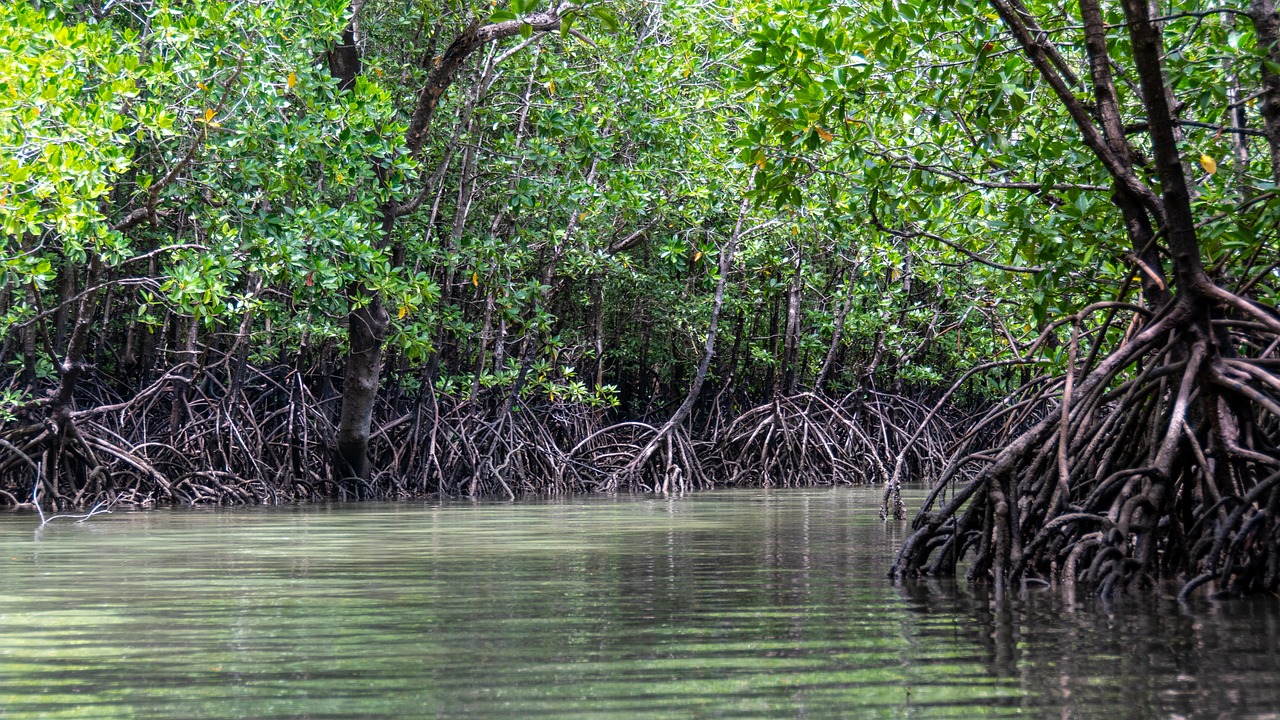An environmental activist has filed an appeal against a $925 million housing project in Costa Rica, citing concerns over its impact on local ecosystems and alleged procedural irregularities in its approval. The Bahía Papagayo Project, a $925 million development by ENJOY HOTELS & RESORTS S.A., aims to construct hotels, residences, and recreational facilities across 117 hectares in Playa Panamá, Guanacaste. Touted as a luxury tourism hub, the project promises economic growth but has ignited a fierce debate over its environmental footprint.
Led by activist Gad Amit Kaufman, environmentalists argue that the development endangers mature forests, wetlands, and a mangrove swamp—critical habitats for biodiversity and coastal stability. “The project would cause irreversible damage to the mangrove swamp and disrupt the biological corridor for wildlife,” Kaufman said, pointing to the region’s monkeys, raccoons, and coatis as key species at risk.
The appeal, lodged with Costa Rica’s Constitutional Chamber, contests the environmental feasibility permit issued by the National Environmental Technical Secretariat (SETENA) in 2021. Activists allege the permit bypassed a mandatory public hearing, despite the project’s “high environmental impact” classification under Costa Rican law. Adding to the controversy, a criminal investigation into alleged illegal logging in the project area is underway in the Santa Cruz Prosecutor’s Office, though specifics remain undisclosed.
ENJOY HOTELS & RESORTS S.A. defends the project, highlighting its sustainable features, including water reuse, alternative energy, and public-access trails and green spaces. “This development aligns with Guanacaste’s cultural identity while boosting local employment and tourism,” a company spokesperson stated. The firm asserts that the project balances economic benefits with environmental responsibility.
Local opinions are divided. Some residents anticipate job opportunities and infrastructure improvements, while others fear gentrification and exclusion. “There was no real effort to consult the people who live here,” Kaufman added. “This isn’t about community development—it’s about profit for wealthy foreigners.”
The dispute underscores Costa Rica’s broader struggle to reconcile development with its global reputation for conservation. Past projects have seen permits overturned due to procedural flaws or ecological risks, such as a 2023 case in Samara where SETENA revoked a license following community pushback. The Bahía Papagayo Project’s fate now hinges on the Constitutional Chamber’s ruling and the outcome of the logging probe, as Costa Rica weighs economic progress against environmental preservation.






